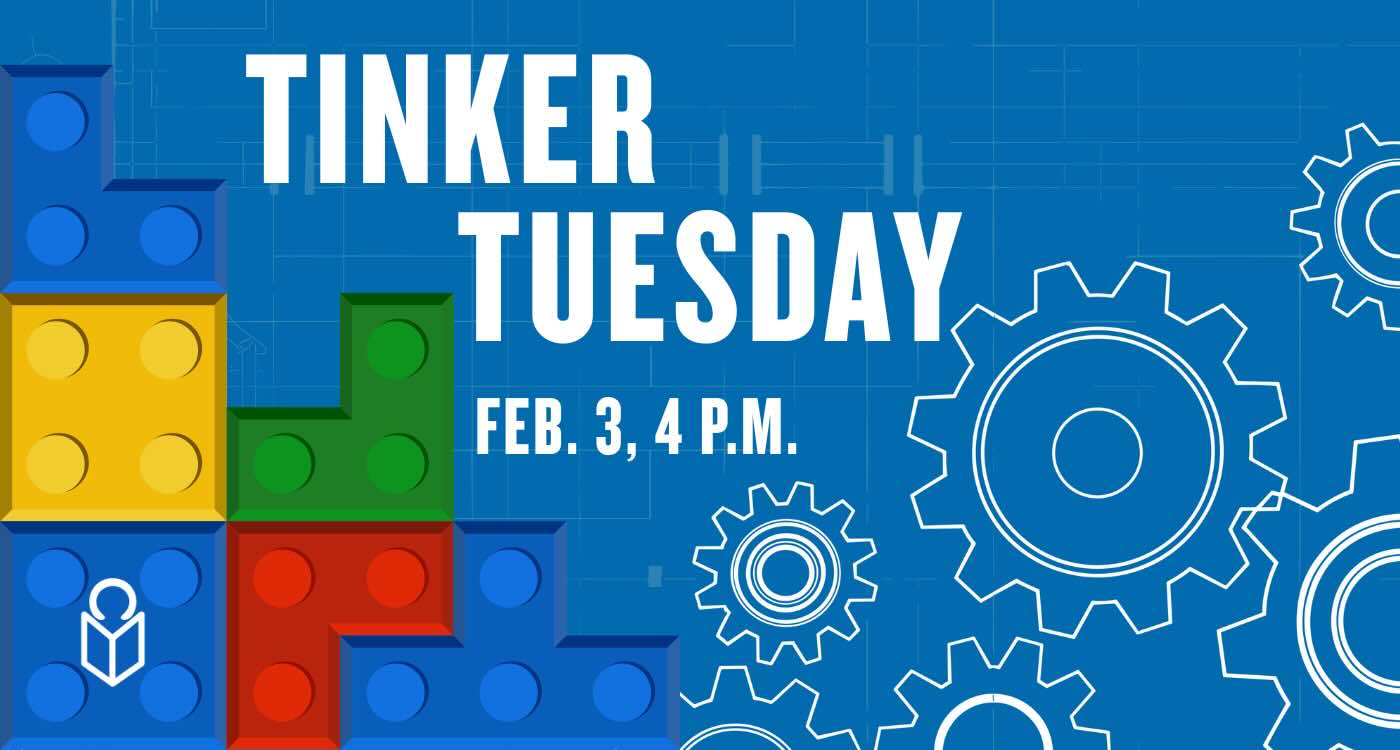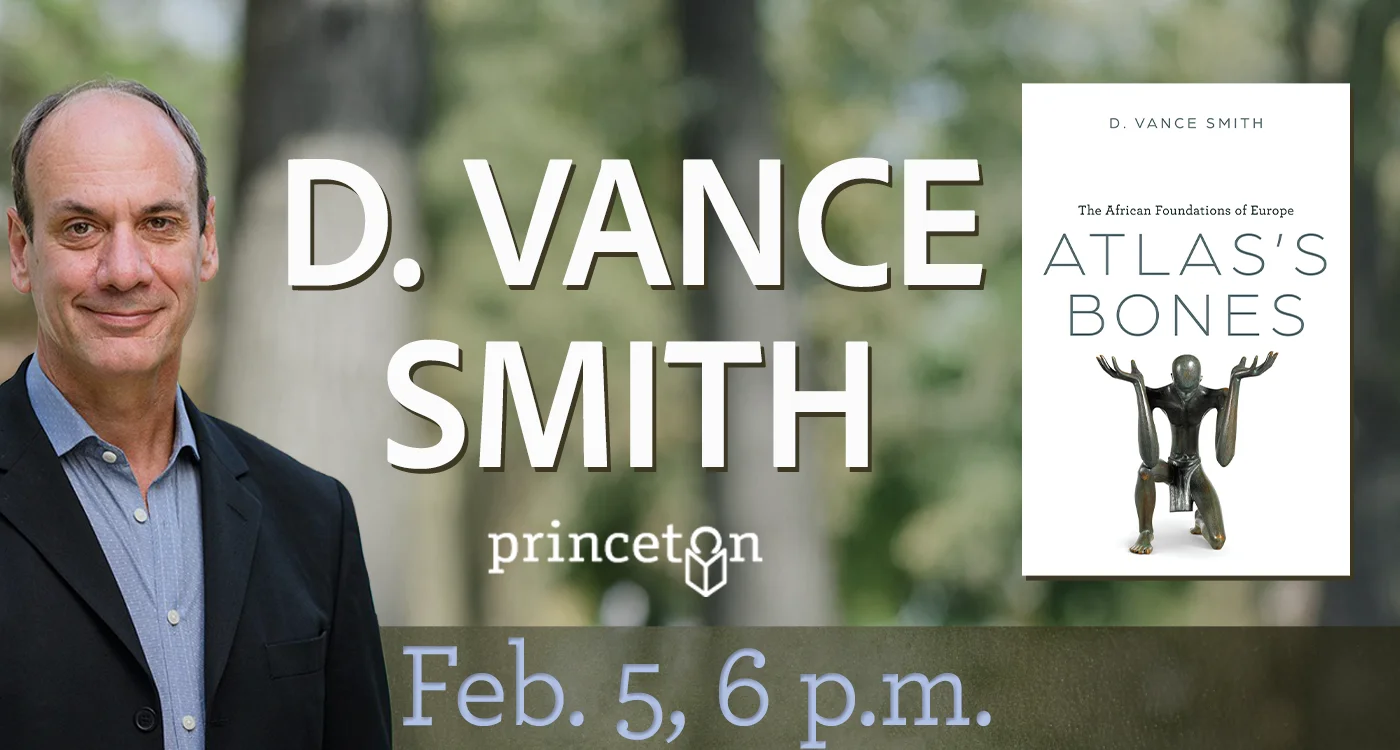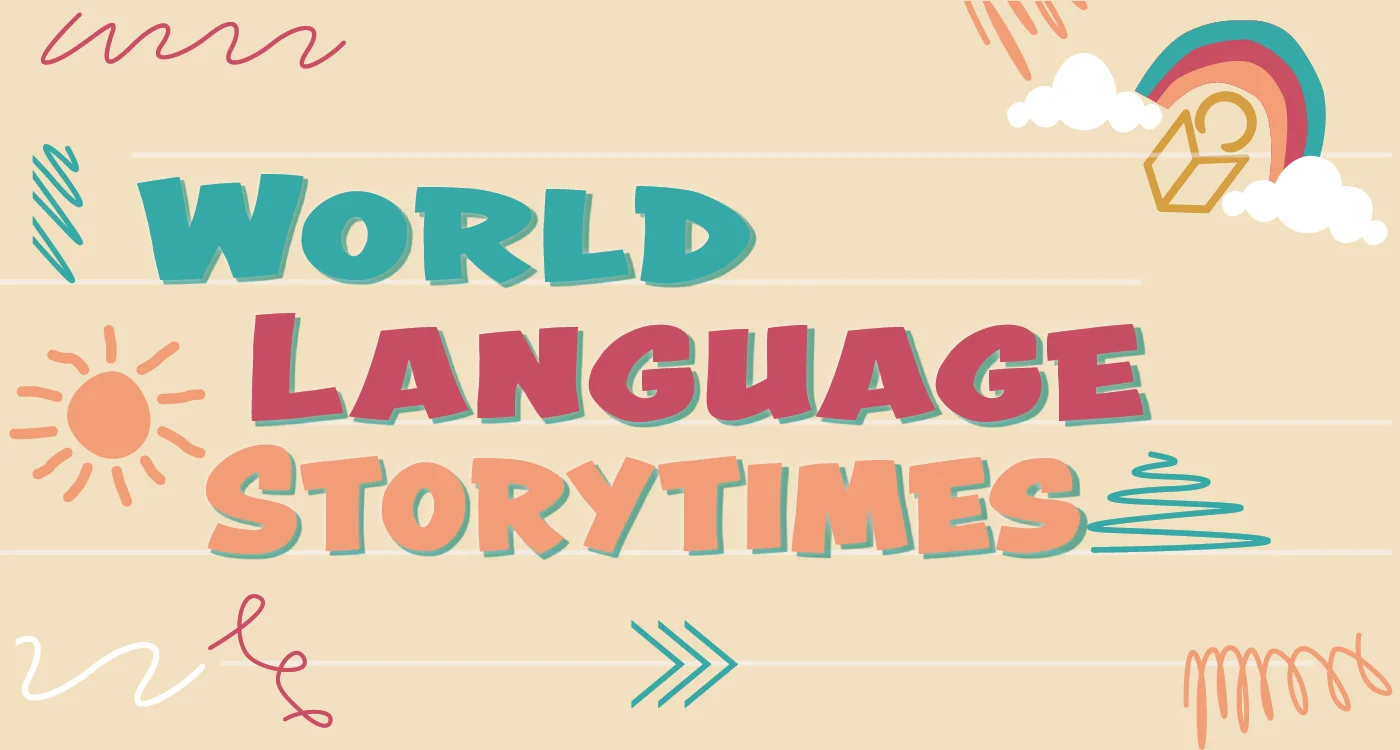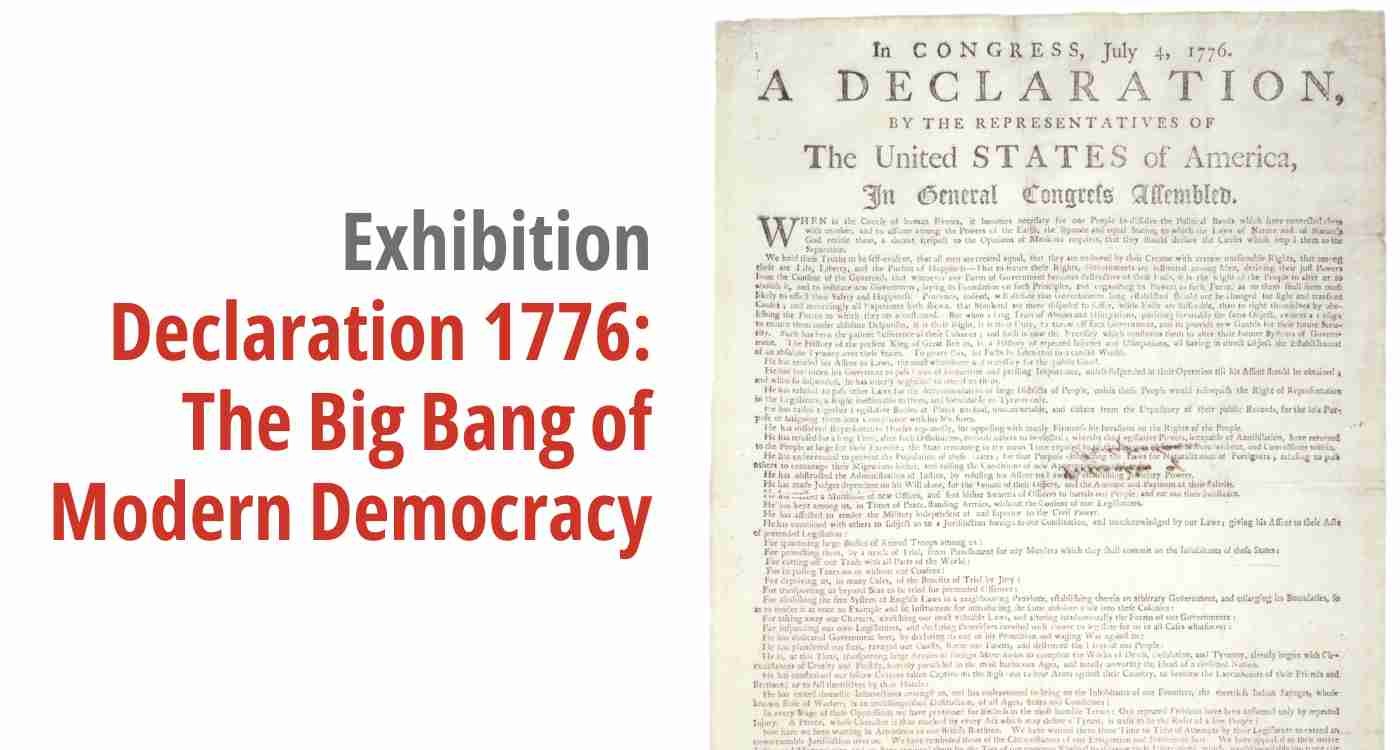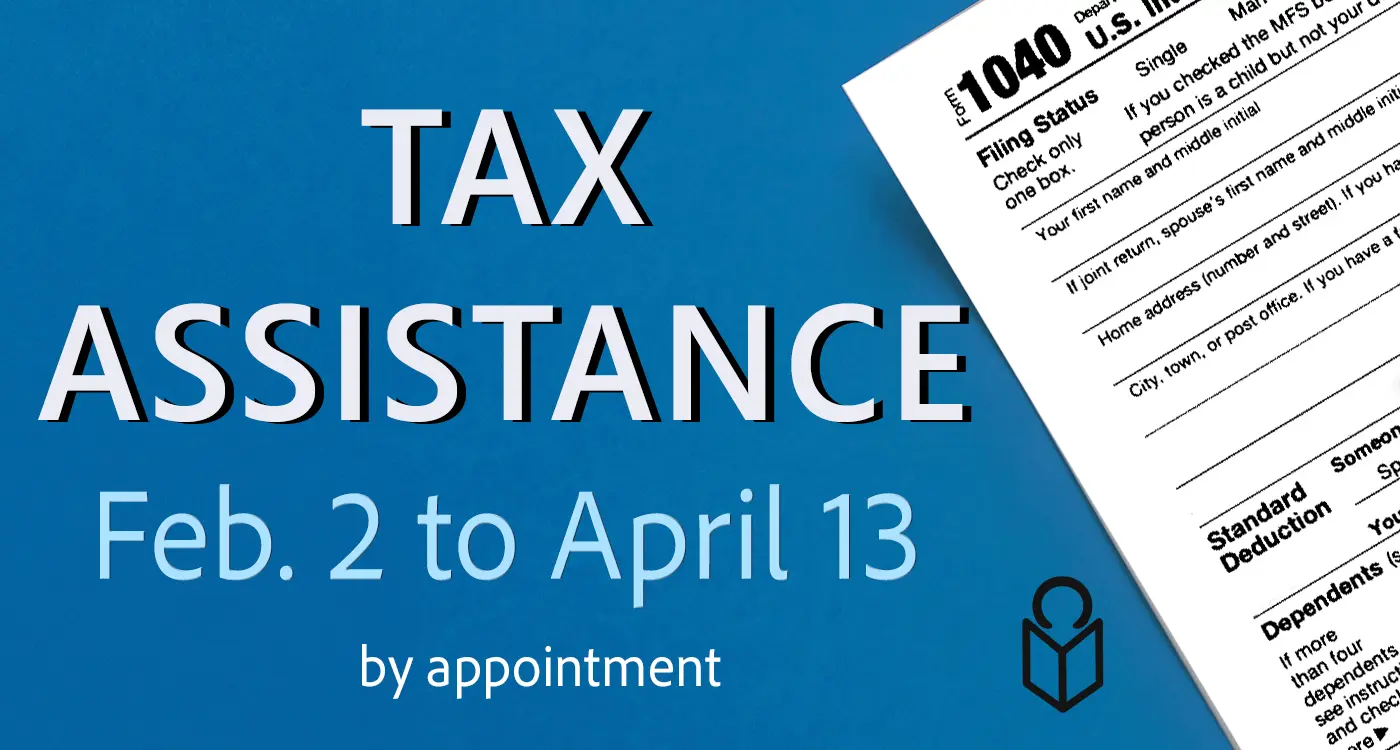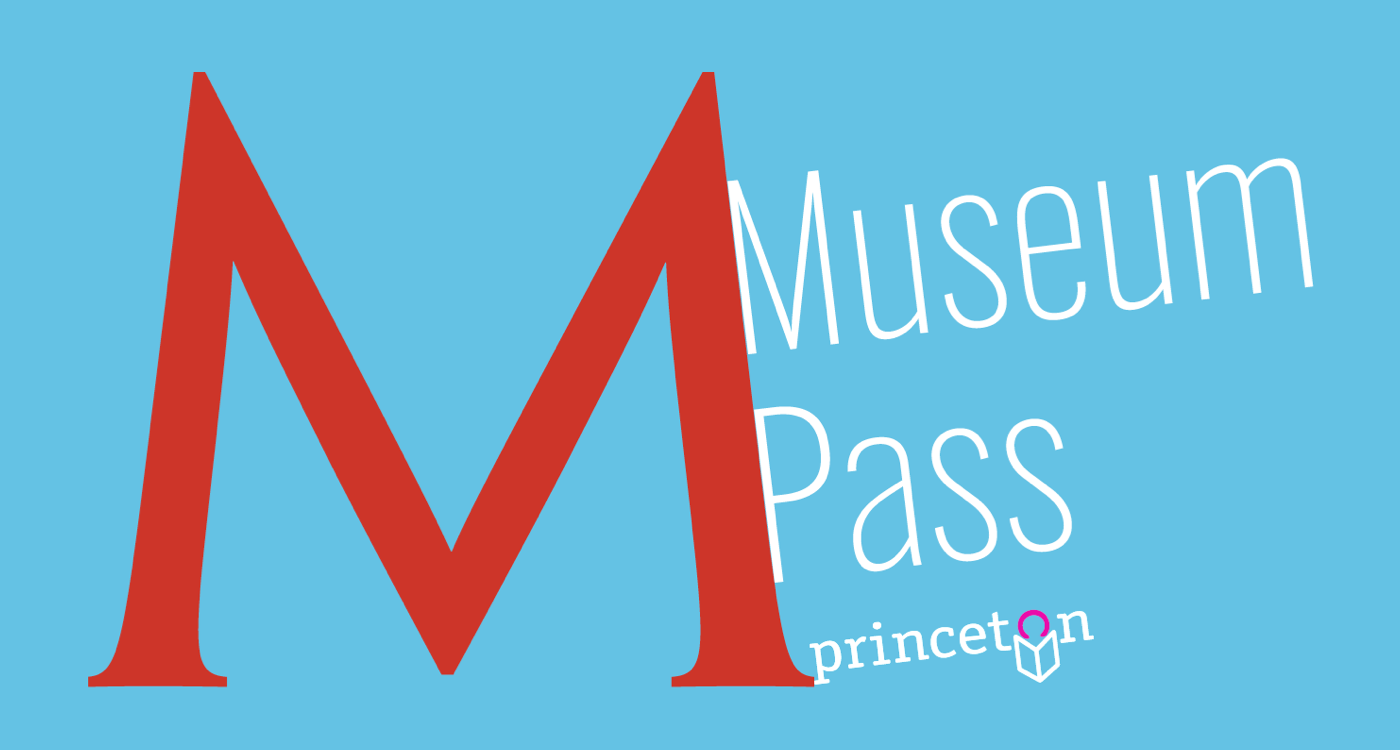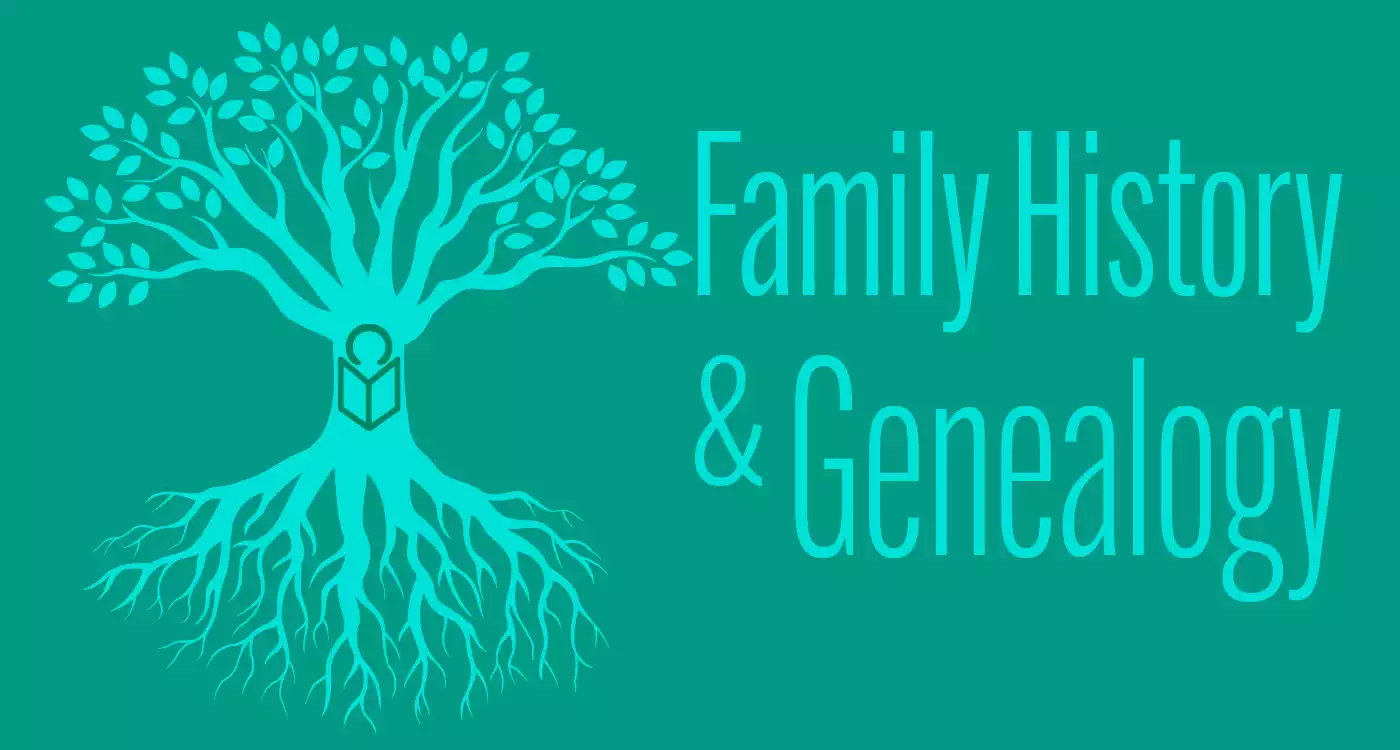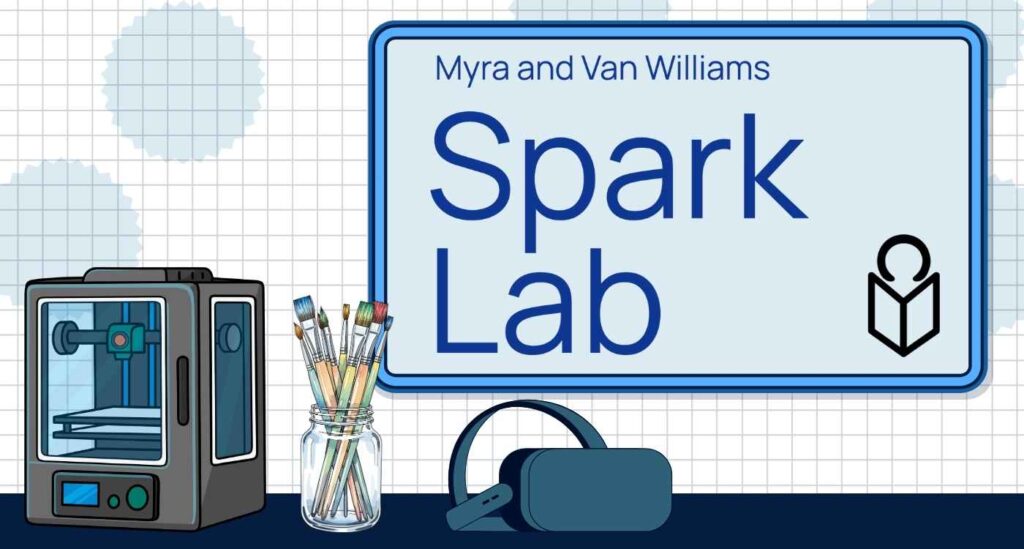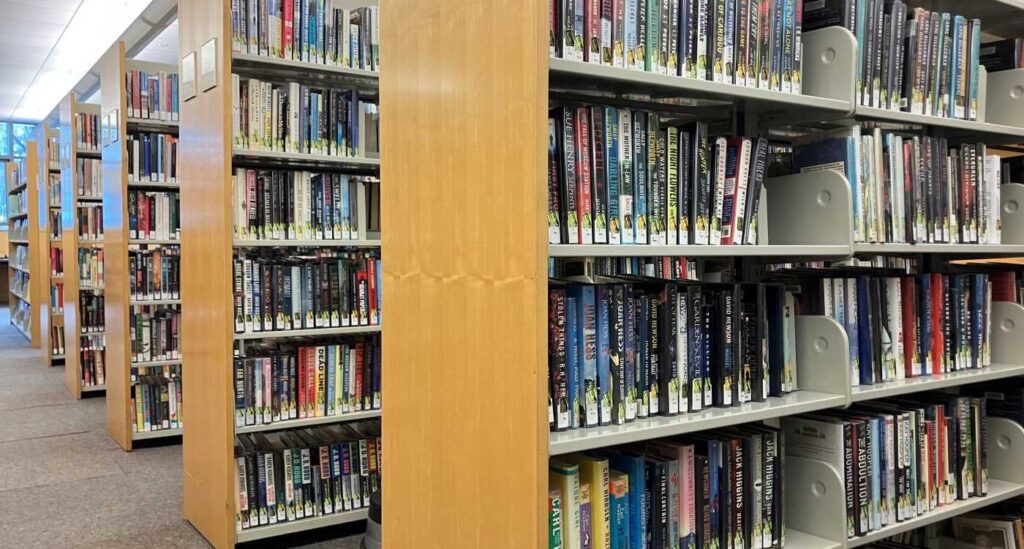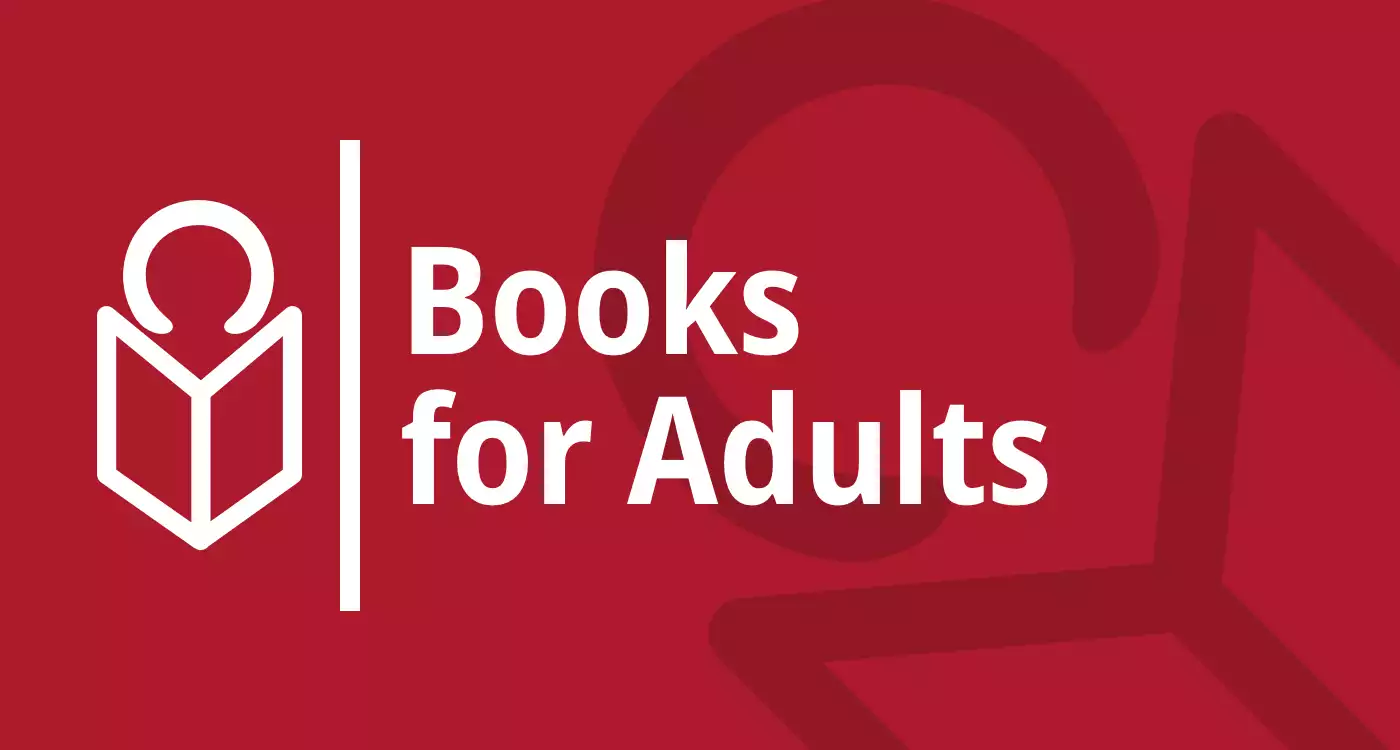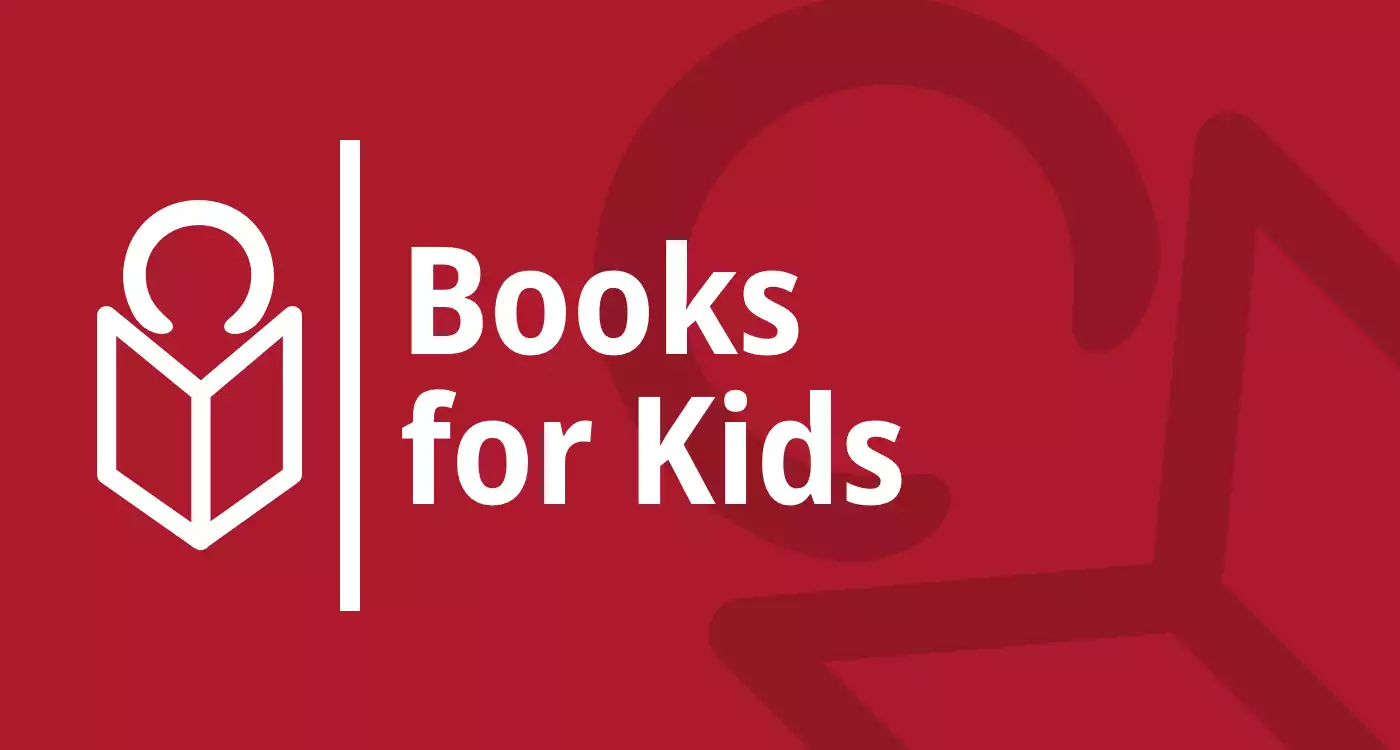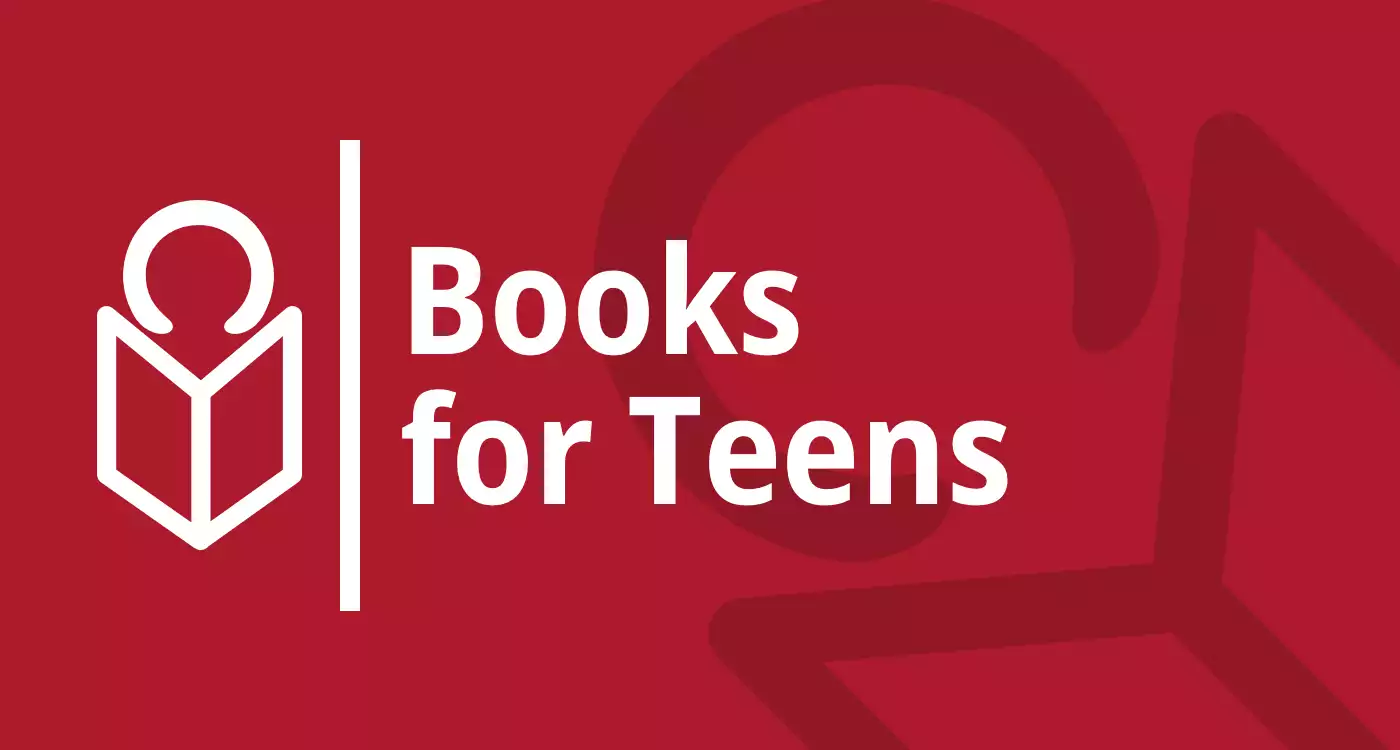
Princeton Public Library - Home
Visit Us
Princeton Public Library
65 Witherspoon St.
Princeton, NJ 08542
Contact Us
Download & Stream
What's Happening at the Library
Upcoming
View More >>Watch Now
New and Noteworthy
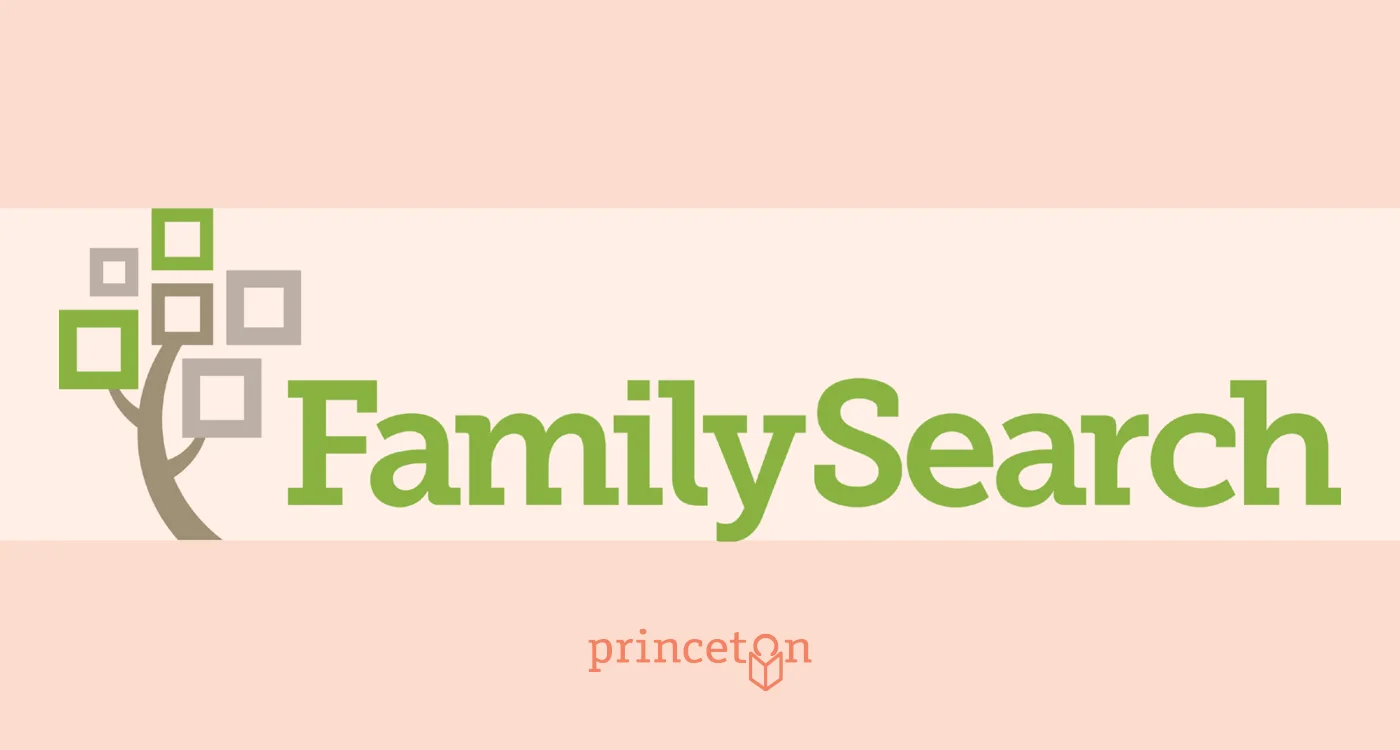
FamilySearch
In-library access to genealogical information from a wide range of records and sources.
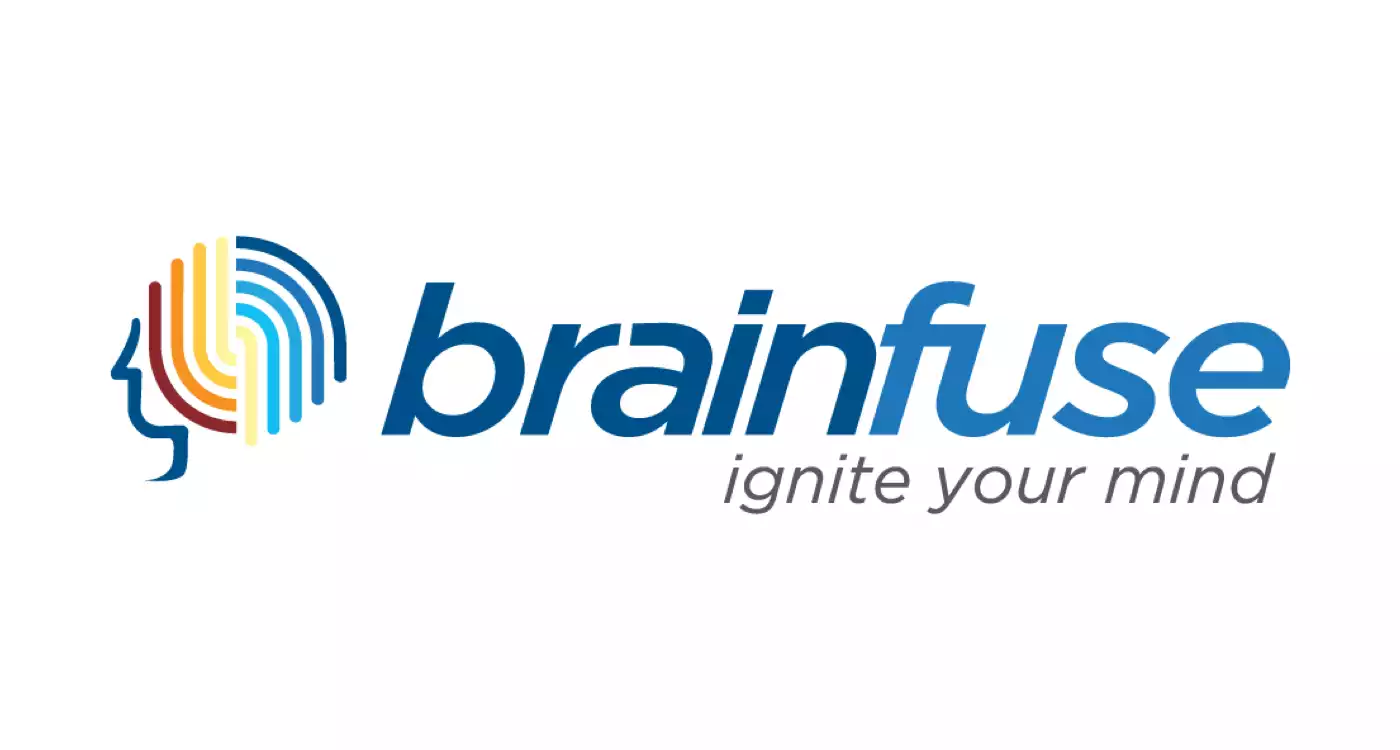
Brainfuse
Provides skills-building for all ages and levels via lessons, practice tests and writing assistance

MacBook Lending
MacBook Airs with M1 chips come loaded with productivity, meeting and coding software.
Spotlight On
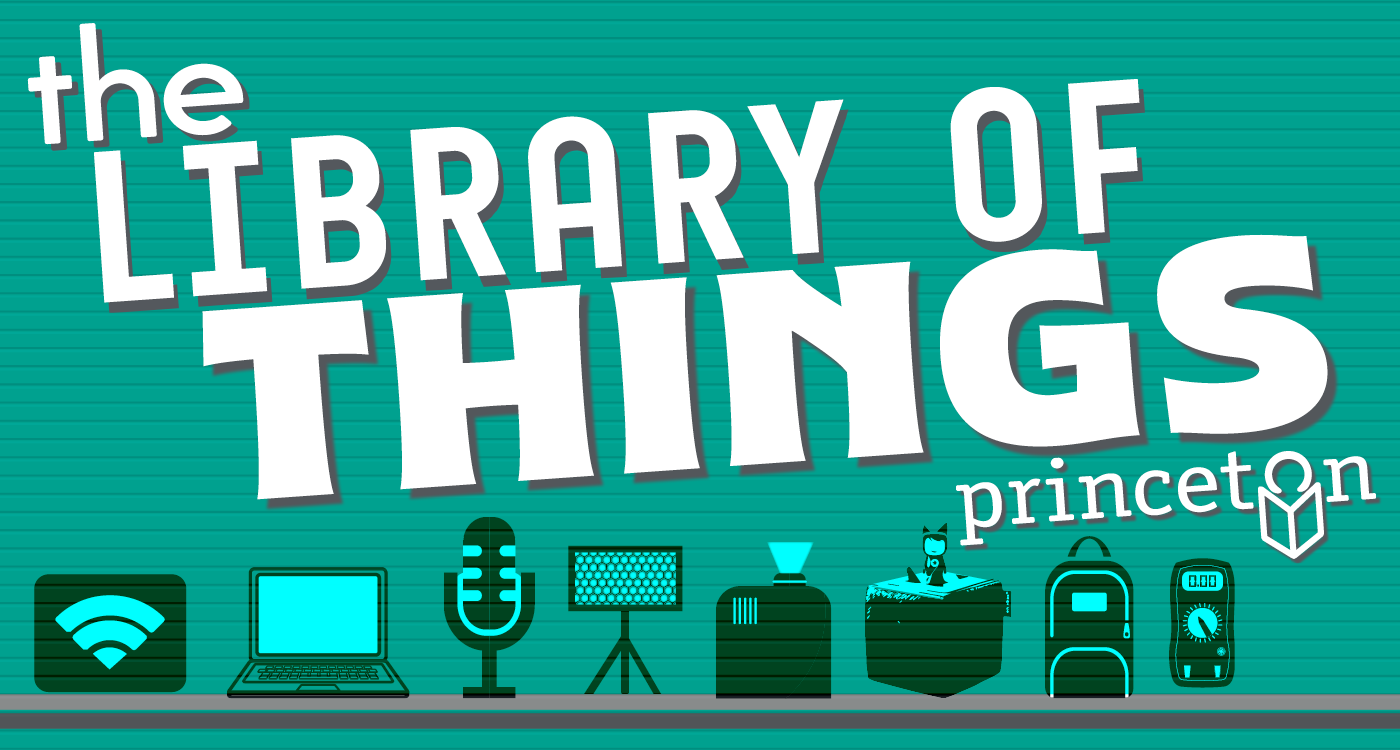
Library of Things
A collection of non-traditional, circulating library items that support our mission to engage, inspire, educate and unite.
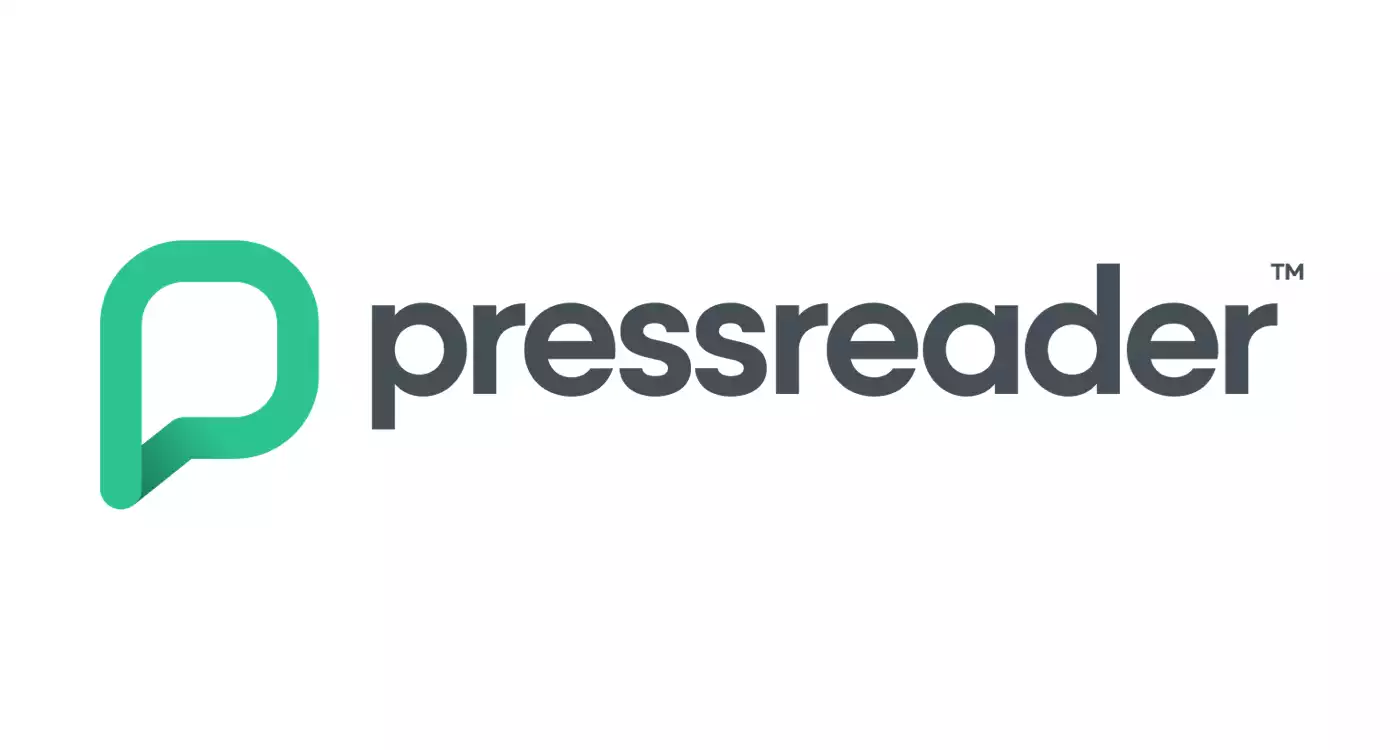
PressReader
PressReader provides access to The New York Times, hundreds of other papers from around the world plus The Economist magazine.

Consumer Reports
Access full-text articles from this perennially popular consumer review publication, via MasterFILE Elite.

